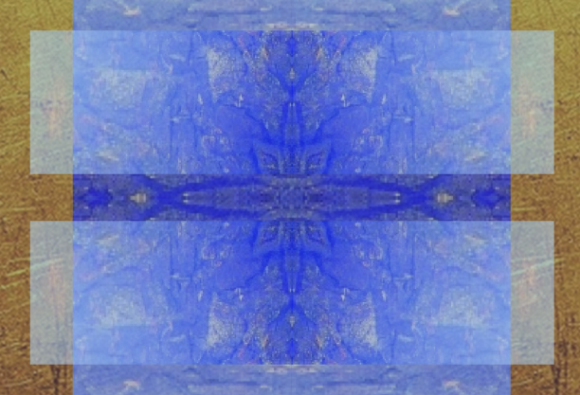One consequence of perspective reversal is that it helps us to correct a common mistake:
But the “I” in the dream is no secret stage director (Schopenhauer) who wrote the play he acts in, no self-portrait photographer taking his own snapshot from below, nor are the wants fulfilled in the dream the ego’s wishes. The dream is not “mine” but the psyche’s, and the dream-ego merely plays one of the roles in the theatre, subjected to what the “others” want, subject to the necessities staged by the dream. (DU 102-103)
Loose talk in the mold of “I had a dream” leads us quickly into thinking that the “I” is the author or owner of the events and imagery in the dream — that we “dreamed it all up” in some sense. But there is a world of a difference between, say, a writer making up a conversation between two people and describing it in a novel, and a person having a dream about two people having that same conversation. In the former case, we can say that the writer “created” the conversation, but in the latter, it is rather that the conversation simply happened to the dreamer, and they did no more “create” it than any conversation they might overhear in a coffee shop.

It is telling that Hillman (like many others before) uses the metaphorical field of the theatre (staging, directing, authoring) to discuss the role of the dream-ego (also cf. TL 65-71). But as Hillman would have reminded us, too, we mustn’t make the mistake to take the metaphor literally and start searching for “the author”, as if there must be someone who designs the dream conversation in the same way as a novelist would design the conversations in their book. After all, there is also no “author” who first writes down the conversations you overhear in the coffee shop, and there is likewise no need to assume that dream conversations have been authored in any literal sense by someone (not even “the brain”). The stage metaphor is helpful to sort out some characteristics of the experience of a dream — for we experience a dream scene in some ways similar to how we experience a stage performance we watch. And if it illuminates that, the metaphor has been helpful enough; but it also has its limits.
(Wollheim, too, reminds us of this limitation to the theatre metaphor, at TL 71-72; and the point at which it becomes less than helpful is precisely where acentered experience comes into view.)



